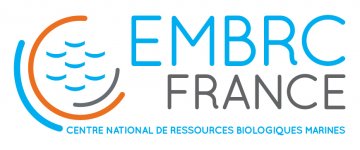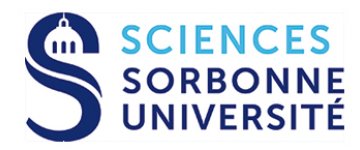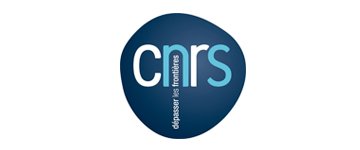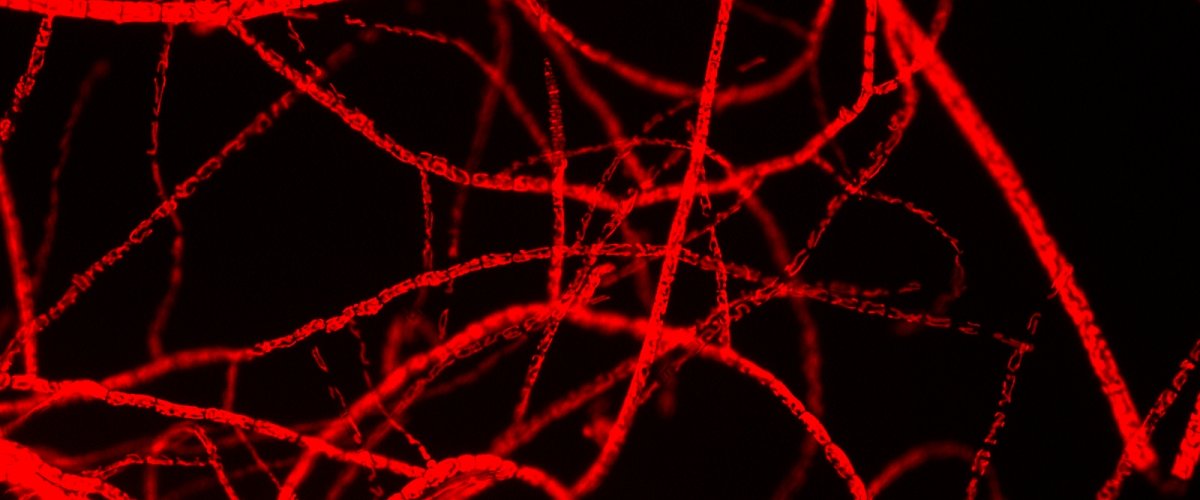European Network PHYCOMORPH
PHYCOMORPH is a COST Action (Food & Agriculture Domain)
Seaweeds (macroalgae) are an alternative, additional source of food, feed, fuel and livelihood for humans. Currently 16M tonnes of seaweeds are collected annually for consumption or industrial processing. Production could increase, especially in Europe (only 7% of the world’s production), with more appropriate and efficient seaweed cultivation techniques, to match actual and future demands. This requires a step-change in knowledge of basic seaweed biology (currently almost non-existent), to prevent restricting future increases in seaweed production.
This COST Action (FA1406) will develop a European interdisciplinary platform integrating unique expertise, currently scattered worldwide, to (1) fill basic research gaps on seaweed development and reproduction, and (2) transfer this scientific knowledge to aquaculture end-users to support sustainable seaweed aquaculture. Academic partners highly skilled in seaweed basic research, and RTD and Innovation Institutes dedicated to the transfer of knowledge to end-users, will coordinate and promote research through 4 major scientific tasks:
WG1 : Identifying how seaweeds become REPRODUCTIVELY PROFICIENT : Leader and Vice-leader : Dr Juliet Coates (UK) and Dr Annette Bruhn (DK)
WG2 : Defining mechanisms of FERTILISATION AND EMBRYOGENESIS : Leader and Vice-leader : Prof Olivier De Clerck (BE) and Dr Maeve Edwards (IE)
WG3: Studying the kinetics and morphological principles of ADULT GROWTH : Leader and Vice-leader : Dr Thomas Wichard (GE) and Dr Helena Abreu (PT)
WG4 : Developing TECHNICAL TOOLS to drive Tasks 1-3 : Leader and Vice-leader : Prof Christos Katsaros (HL) and Dr Rita Araujo (PT)
This will be achieved via WORKSHOPS, SHORT-TERM SCIENTIFIC MISSIONS (STSM Coordinator : Dr Maria Maack, IL) , TRAINING SCHOOLS and Symposia, and deployment of communication tools optimising the transfer from basic research to innovation (Dissemination Coordinator : Dr Susan Holdt, DK).








